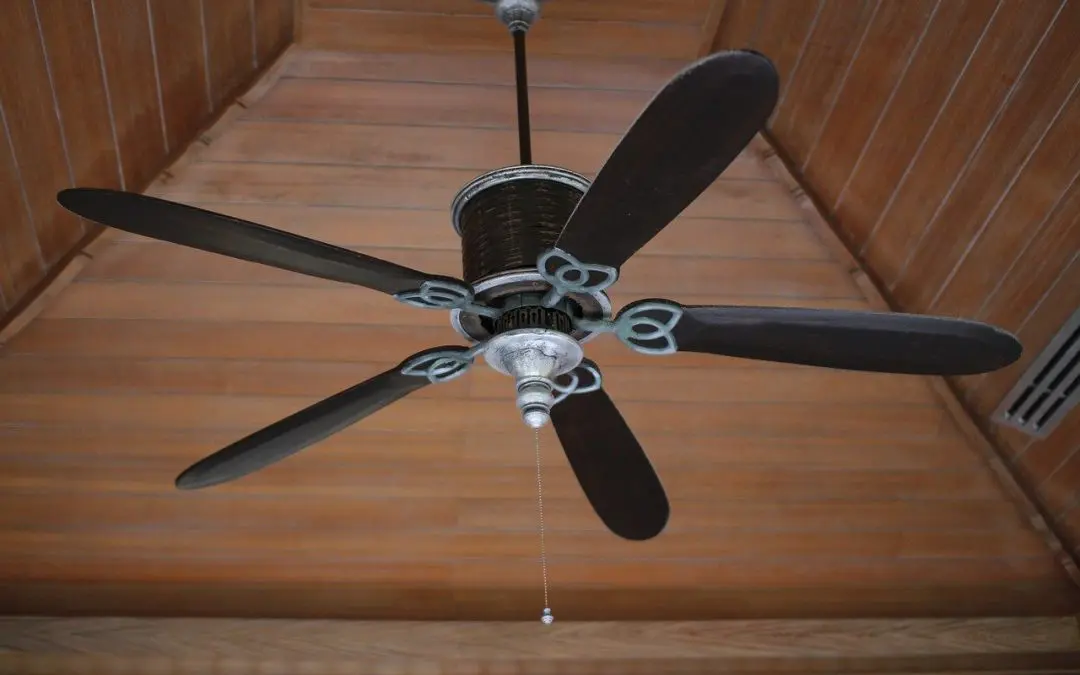If your home feels sticky, musty, or just plain uncomfortable, excess humidity could be the reason. High indoor humidity doesn’t just affect comfort—it can lead to mold, mildew, and even damage your home’s structure over time. Luckily, you don’t need a full renovation or fancy equipment to bring moisture levels down. Here are six tips to help you reduce humidity in your home and live more comfortably.
Understand What’s Causing the Humidity
Before fixing the problem, it helps to know where all the moisture is coming from. Everyday activities like cooking, showering, and even breathing add moisture to the air. Poor ventilation makes it worse, especially in places like bathrooms, kitchens, and basements. Leaky pipes, wet crawl spaces, and blocked gutters can also introduce extra moisture without you even realizing it. If your home has poor airflow and stays closed up most of the time, that moisture builds up fast.
Use Your Exhaust Fans to Reduce Humidity in Your Home
Most homes have exhaust fans in the kitchen and bathrooms, but they only work if you use them. Every time you take a shower or boil water on the stove, turn those fans on. Leave them running for a few minutes after you’re done to help clear the moist air. If your fans are old or noisy, it might be time for an upgrade. A quiet, energy-efficient fan can make a big difference and won’t annoy you every time you turn it on.
Keep Air Circulating
Stale, humid air loves to settle in corners and closed-off rooms. Keeping the air moving helps keep moisture in check. Ceiling fans, floor fans, or even just opening windows when the weather allows can help air circulate. Cross-ventilation—where you open windows on opposite sides of the house—is especially effective. During cooler mornings or evenings, let in fresh air to flush out the heavy, humid indoor air.
Invest in a Dehumidifier to Reduce Humidity in Your Home
If your home struggles with humidity all year long, a dehumidifier is worth considering. These appliances pull moisture from the air and collect it in a tank or drain it out automatically. Portable models work great for basements or specific problem rooms, while whole-house systems connect to your HVAC and treat all the air in your home. Keep an eye on the humidity level—it should ideally stay between 30 and 50 percent.
Fix Leaks and Drainage Problems
Sometimes the issue isn’t in the air—it’s in the walls, floors, or foundation. Check for any signs of leaks under sinks, around windows, or along the roofline. A small drip might not seem like much, but over time it can raise humidity levels and invite mold to grow. Outside the house, make sure your gutters are clear and draining properly. If water pools around your foundation, consider extending your downspouts or improving grading so water flows away from the house.
Let Your HVAC Help You
Air conditioners do more than cool the air—they also remove moisture. But they have to be the right size and properly maintained to do that job well. If your system runs constantly but never really cools or dries the air, it may be oversized, undersized, or just overdue for maintenance. Change your filters regularly, have your system serviced each year, and ask your technician if your system is dehumidifying as it should.
FAQs on How to Reduce Humidity in Your Home
What’s the ideal indoor humidity level?
You should aim to keep your indoor humidity between 30% and 50%. Levels above that can encourage mold and dust mites, while levels below 30% may dry out your skin and respiratory system.
Why does my house feel humid even with the air conditioner on?
Your AC may not be removing enough moisture. This can happen if it’s too big for your home, the coils are dirty, or the system isn’t running long enough to dehumidify the air properly.
Is high humidity dangerous?
It can be. Besides discomfort, high humidity can lead to mold, which is a health risk, especially for people with allergies or asthma. It can also damage wood floors, walls, and furniture over time.
Do dehumidifiers use a lot of electricity?
Most portable dehumidifiers are fairly efficient, especially if you get an ENERGY STAR® rated model. Whole-house dehumidifiers tend to use more power but also cover a much larger area, so the energy use is balanced out.
Can too many houseplants increase humidity?
Yes, especially if you have a lot of them and water them often. Plants release moisture into the air through a process called transpiration, which can raise humidity levels indoors.
Emerald Coast Home Inspectors offers home inspection services in Pensacola and surrounding areas. Contact us to schedule an inspection today.

